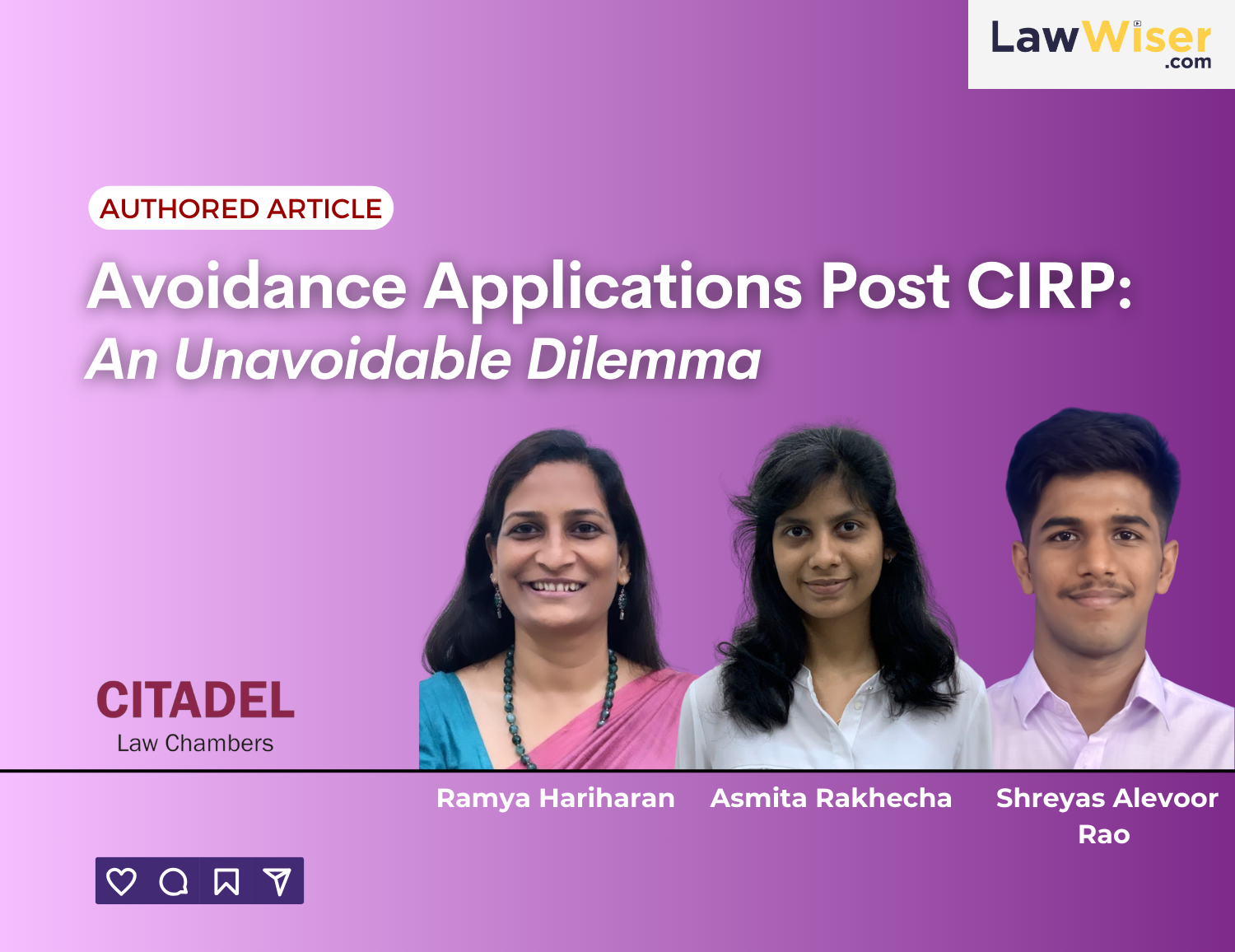Due process in the Indian legal system refers to the legal principle that ensures fair treatment through the normal judicial system, protecting individuals against arbitrary denial of life, liberty, or property by the state. This concept is embedded in the Constitution of India, particularly under Article 21, which guarantees the right to life and personal liberty. Due process encompasses both substantive and procedural aspects. Substantive due process requires that laws affecting fundamental rights be fair, reasonable, and just. Procedural due process mandates that legal proceedings be conducted with fairness, including adequate notice, the right to a fair hearing, representation by legal counsel, and the opportunity to present evidence and cross-examine witnesses. The principles of natural justice, such as the rule against bias (nemo judex in causa sua) and the right to a fair hearing (audi alteram partem), are integral to due process. The judiciary plays a crucial role in upholding due process by reviewing the actions of the legislature and executive to ensure they comply with constitutional mandates. Due process is essential for maintaining the rule of law and safeguarding individual rights against arbitrary state action.
Don’t have an account? Sign Up
Due Process
 June 8, 2024
June 8, 2024
Most Read
The In House Circle ArticleThe In House Circle Article
In Conversation with GC Hall of Fame – Anand Vardhan of Piramal Enterprises Limited
The In House Circle ArticleThe In House Circle Article
In Conversation with GC Hall of Fame – Swathi Kamath of GKN Automotive
Share
Write a Reply or Comment Cancel reply
CONTINUE READING
TWITTER FEED
- Congratulations to @VivekSoodDelhi for being recognised as ‘Emerging Senior Counsel of the Year’ at #UKILP… https://t.co/oHwBtL5geH
- Wishing you a Merry Christmas and a Happy New Year from all of us at LawWiser!#christmaseve #newyears https://t.co/ax6VOHyUcj
- Watch @AvaniShukla27, Associate- Content & Collaborations, LawWiser to learn about the recent landmark verdict give… https://t.co/OZnf0Z9PJr
- We are delighted to share that our Co-founder @LavanyaBehl1 is featured in the 30 people to watch in the… https://t.co/wmMrtvduKk
- Sanjeev Sachdeva has rejoined Luthra and Luthra Law Offices India Leadership team as Mentor and Partner. Read More… https://t.co/7F1M8p4w23
LINKEDIN FEED
- See you tomorrow at LawWiser Sip & Paint event, Co-hosted by Desai & Diwanji. #legal #law #lawfirm
- Wishing you a Happy Republic Day from all of us at LawWiser! #republicday #constitutionofindia
- Catch a glimpse of the vibrant moments from our previous Sip & Paint event.#legalevents #lawfirm #generalcounsel
- Exploring Essential Business Documents! In our latest video, we delved into crucial documents vital for every business journey: https://lnkd.in/d-vYuDDs
- From shaping ethical business practices to ensuring social justice, law plays a pivotal role in our world. Get ready to explore how legal frameworks empower businesses and create positive societal change.#staytuned #legal #lawforchange #changemakers











 October 9, 2024
October 9, 2024 0 COMMENTS
0 COMMENTS



